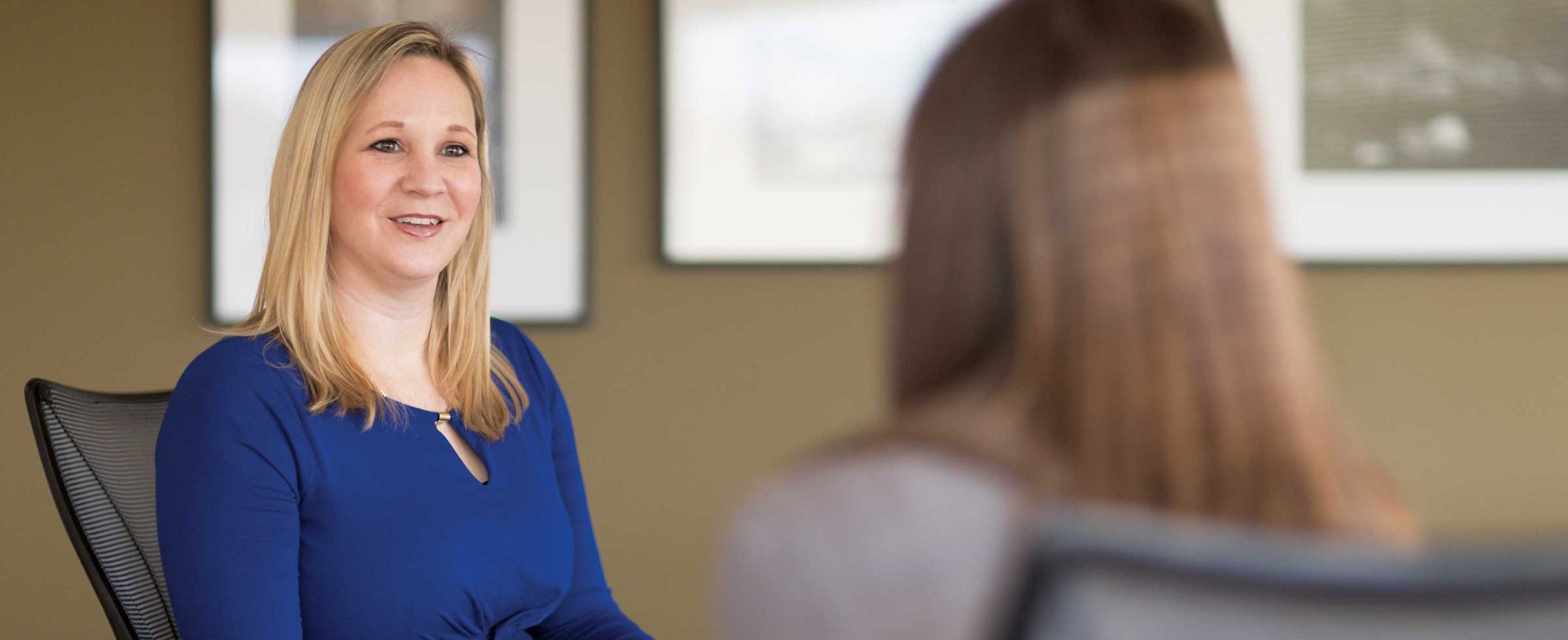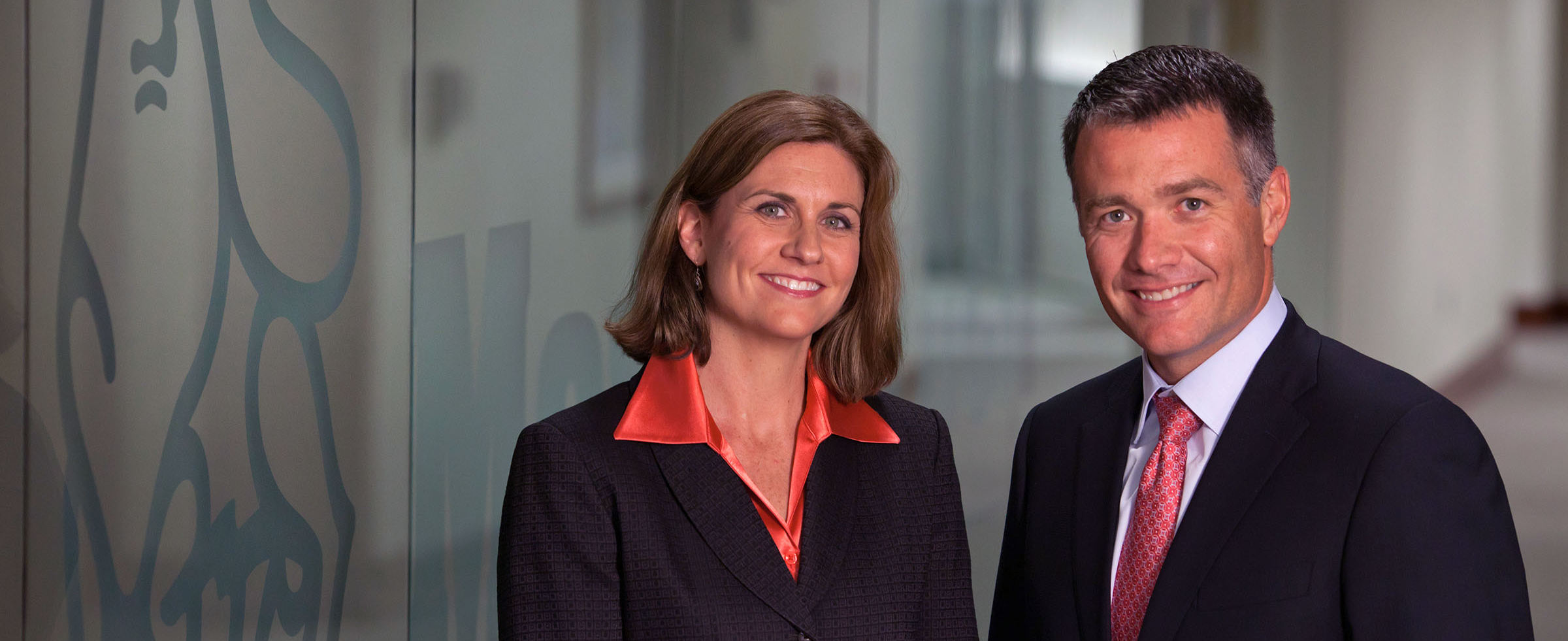Every estate a story

ATTORNEY HEATHER C. STUMPF, 36, of Robinson Township, spoke at a November 2017 Pittsburgh Foundation-sponsored advisor event about estate planning in uncertain times. Stumpf, recently named a partner at Clark Hill, talked with Forum about her career path and how recent changes in the tax code are influencing tax and charitable planning for her clients.
Why did you decide to specialize in estate law?
I started out studying psychology, crime law and justice at Penn State and later went to law school because I wanted to work in juvenile justice, but working with neglected and abused children just devastated me. I took an estates and trusts class and loved it, and have pursued it nonstop ever since. It’s challenging. Every estate has its own story, its own drama, and you get to be in the center of it all.
Your field was dominated primarily by late-career lawyers. Is that changing?
In my third year at the University of Pittsburgh School of Law, I told a professor I wanted to be an estates and trusts attorney. He told me in no uncertain terms that there was no room for new attorneys because there was maybe one person in each firm doing estate law. But now, as people have begun to retire, things are opening up. We are thriving. We’re busy all the time and, if you’re looking for an area where there is a lot of interesting work, this is the place to be.
What are the upsides of having a more diverse pool of estate lawyers?
When you’re meeting with individuals and families, you need people with a well-rounded understanding of different family situations who can do a good job of advising. Families with second marriages or children from prior relationships have a different dynamic, and we need lawyers who understand that. We are now seeing families where grandparents are the primary caregivers for grandchildren because the parents are dealing with substance-use disorders. Another developing area is special needs. In my experience, families are much more open to talking about disabilities and engaging in long-term planning for children with disabilities who might outlive their parents.
Why do you refer clients to The Pittsburgh Foundation to establish charitable funds?
I recommend the Foundation because you have fantastic, talented people who really know what they’re doing. I’ve administered a number of charitable trusts and I know how much work goes into doing it well. I also really like that clients can continue to work with their own investment advisors. Certified financial planners are central to the process. When they refer clients to me to complete estate-planning documents, the clients like that their advisor can continue to manage the assets. That’s a win–win.
What do you see as the biggest changes and challenges for your clients because of the new tax code?
Generally, only people who have or have given away assets of more than $11 million will be subject to federal estate taxes now. The big shift is really around the income tax issues. Advisors, and I include myself in this group, need an understanding of what the specific changes are and how they will affect personal income taxes. We need more information, including new tax forms and new rules for workplace payroll deductions. In my opinion, there are more questions than answers at this point.
A drop of as much as $60 million in charitable giving has been predicted in our region alone, due to changes in the tax code around deductions and itemizing. Do you think your clients may give differently or less?
In my experience, there are those who are charitably minded and those who are not. The charitably minded are going to continue to give because they care about specific organizations. I’m not sure they will give as much due to the near doubling of the federal income tax deduction.
If you had any advice to give to your younger self, what would it be?
I would tell myself that taking a winding career path, like I did, is a strength. A lot of young lawyers become summer interns at a firm and then may stay in the same type of firm for their entire careers. I didn’t do that and have a much broader understanding than if I had stayed where I started right out of law school. My pastor calls it the tapestry: Underneath it’s a big mess of strings but on top it’s beautiful and it all makes perfect sense.
Original story appeared in Forum Quarterly - Winter 2018




